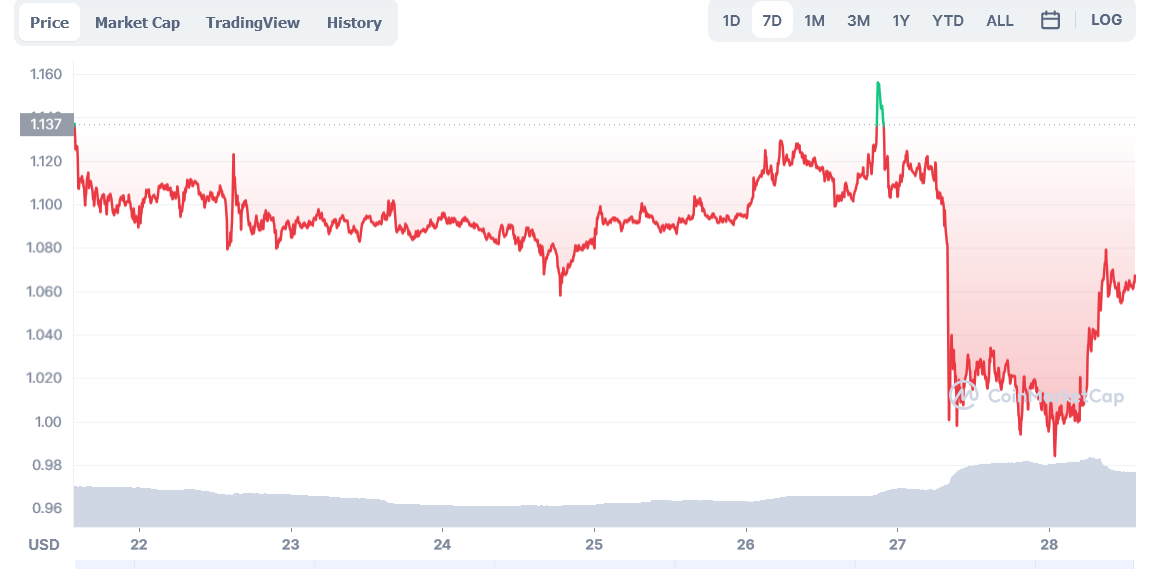In today’s interconnected world driven by digital transformation, businesses across various industries are increasingly relying on accurate and efficient data management. Among the crucial players in this landscape are data entry service providers, whose role in handling, processing, and managing data is paramount. This article delves into the significance, functions, challenges, and future prospects of data entry service providers, exploring their evolving role in the digital age.
Understanding Data Entry Service Providers
Data entry service providers specialize in capturing, organizing, and inputting data into computer systems, ensuring accuracy, reliability, and accessibility. These services encompass a wide array of tasks, including:
- Data Input and Capture: This involves entering data from various sources such as forms, documents, and digital records into databases or software systems.
- Data Cleansing and Validation: Service providers ensure data accuracy by identifying and correcting errors, inconsistencies, or outdated information.
- Data Conversion: Converting data from one format to another (e.g., paper to digital, PDF to Excel) to enhance usability and accessibility.
- Data Mining and Extraction: Extracting specific information from large datasets for analysis, reporting, or other business purposes.
- Database Management: Maintaining and updating databases to ensure data integrity and security.
The Importance of Data Entry Service Providers
In the competitive business landscape, accurate and timely data entry is critical for decision-making, operational efficiency, and customer satisfaction.

Here’s why data entry service providers play a pivotal role:
- Cost Efficiency: Outsourcing data entry tasks to specialized providers can be more cost-effective than managing them in-house, reducing overhead costs and freeing up resources for core business activities.
- Expertise and Accuracy: Experienced data entry providers have the expertise and tools to handle large volumes of data accurately and efficiently, minimizing errors and ensuring data quality.
- Focus on Core Competencies: By outsourcing data entry, organizations can focus on their core competencies and strategic initiatives, rather than getting bogged down by routine administrative tasks.
- Scalability: Data entry service providers offer scalability, allowing businesses to scale operations up or down based on fluctuating data volumes or project requirements.
Challenges Faced by Data Entry Service Providers
While data entry services offer substantial benefits, they also encounter several challenges:
- Data Security Concerns: Handling sensitive information requires robust security measures to protect against data breaches or unauthorized access.
- Quality Control: Ensuring consistent data accuracy and quality across various projects and data sources can be challenging.
- Technological Advancements: Keeping pace with rapid technological changes and adopting new tools and software for efficient data processing.
- Client Expectations: Meeting diverse client requirements and deadlines while maintaining service excellence and customer satisfaction.
Emerging Trends and Technologies
Data entry service providers are adapting to technological advancements and evolving market demands. Key trends shaping the industry include:
- Automation and AI: Integration of automation and artificial intelligence (AI) technologies for faster data processing, pattern recognition, and predictive analytics.
- Blockchain Technology: Utilizing blockchain for secure and transparent data transactions, enhancing data integrity and trust.
- Remote Workforce: Leveraging remote work capabilities to access global talent pools and optimize operational efficiency.
- Data Privacy Compliance: Adhering to stringent data privacy regulations (e.g., GDPR, CCPA) to protect consumer data and maintain compliance.
Future Outlook
The future of data entry service providers looks promising, driven by the growing volume of digital data and the increasing need for efficient data management solutions.

Key factors influencing the industry’s trajectory include:
- Big Data Analytics: Leveraging big data for business insights and strategic decision-making.
- IoT Integration: Managing data from Internet of Things (IoT) devices for real-time analytics and operational efficiencies.
- Predictive Modeling: Using advanced analytics and machine learning for predictive modeling and forecasting.
- Globalization: Expanding service capabilities to cater to global markets and diverse industry verticals.
Conclusion
In conclusion, data entry service providers are integral to modern businesses, offering essential services that enhance operational efficiency, data accuracy, and strategic decision-making. As organizations continue to navigate the complexities of data management in the digital age, partnering with reliable and experienced data entry service providers will be crucial for staying competitive and driving growth. By understanding their role, challenges, and future trends, businesses can harness the power of data to unlock new opportunities and achieve sustainable success in an increasingly data-driven world.
Market Maestro: With an uncanny ability to predict the ups and downs of the crypto market, Jordan is our go-to for all things investment. Just don’t ask him for lottery numbers; he says it’s a different kind of prediction magic.



